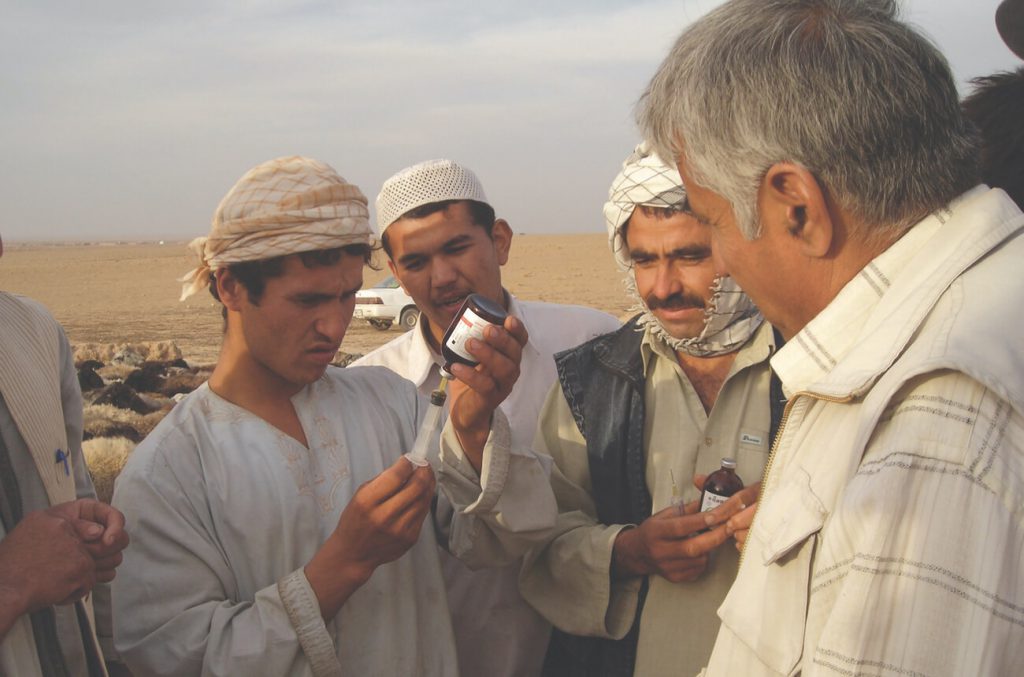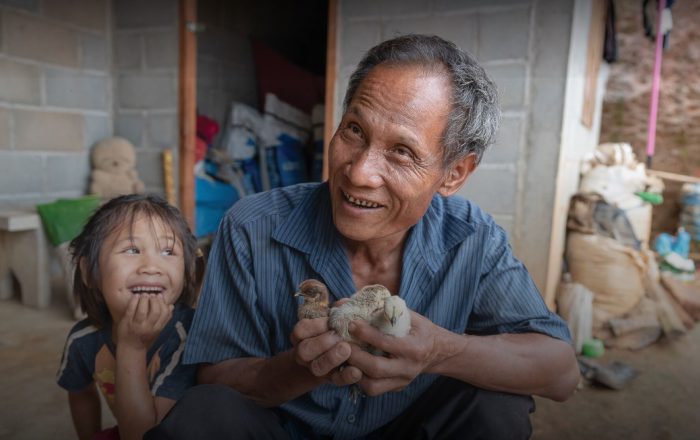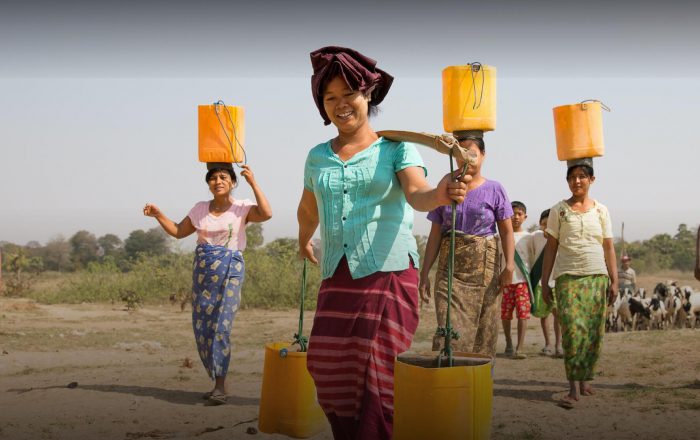Basic Information
Overview
This project was initially funded by the Government of Belgium, with support from various other sectors, to revive the karakul sheep population, a valuable resource for the region.
The main responsibility for MFLF was livestock development planning that was designed to suit the geo-social environment, after which the Afghan government and local communities would implement the project themselves.
MFLF organized training programs for livestock volunteers, and set up a sheep bank. Each year, participants would exchange 10% of female lambs for veterinary services. These lambs would be presented to households who have requested loans to carry out their own livestock activities. This helped to rehabilitate the economy through social enterprise, raising the number of new livestock farms as well as the numbers of healthy sheep, while reducing their mortality rate.
This method allowed the villagers to help themselves as a form of capacity building.


